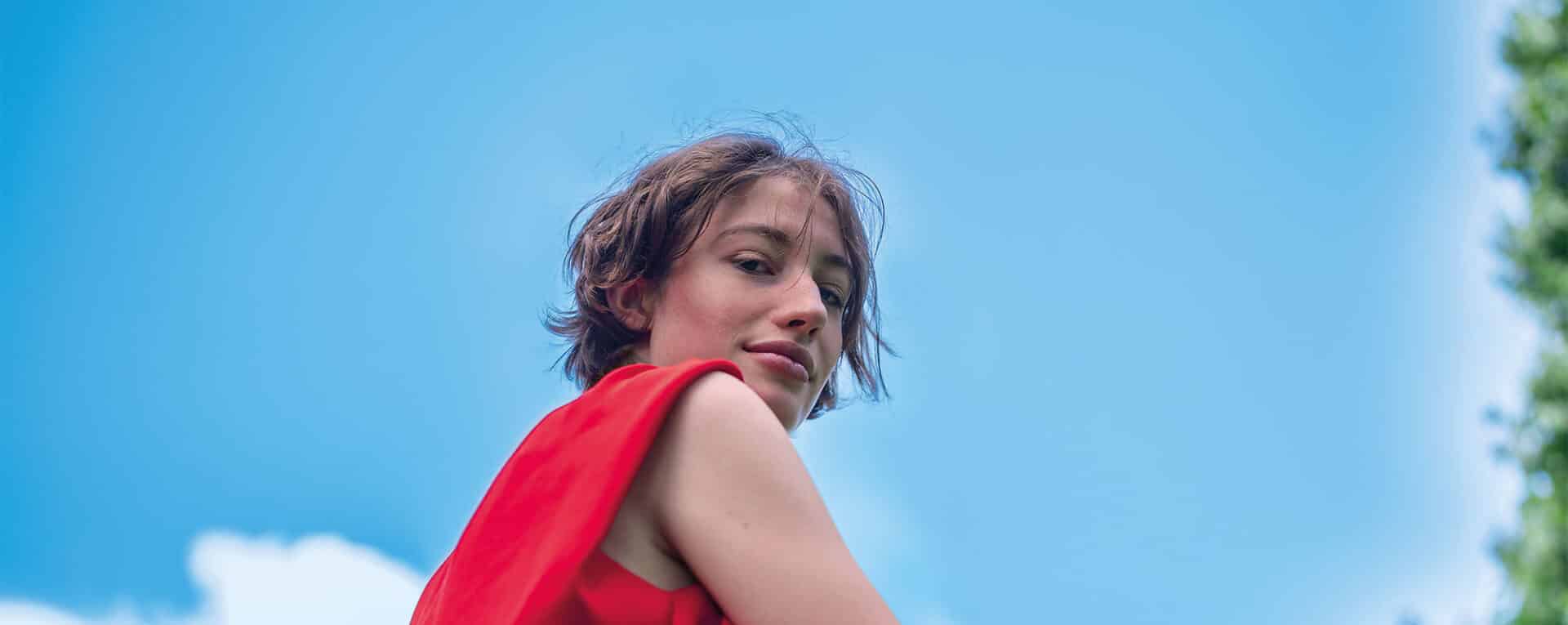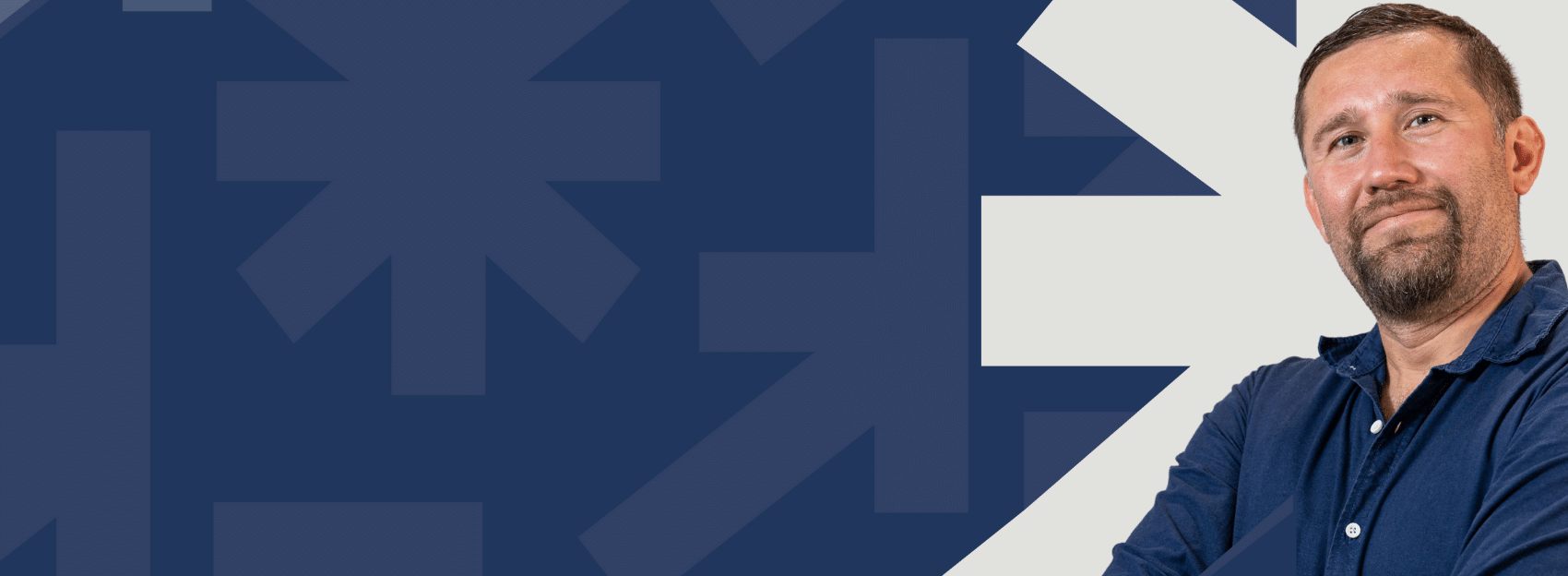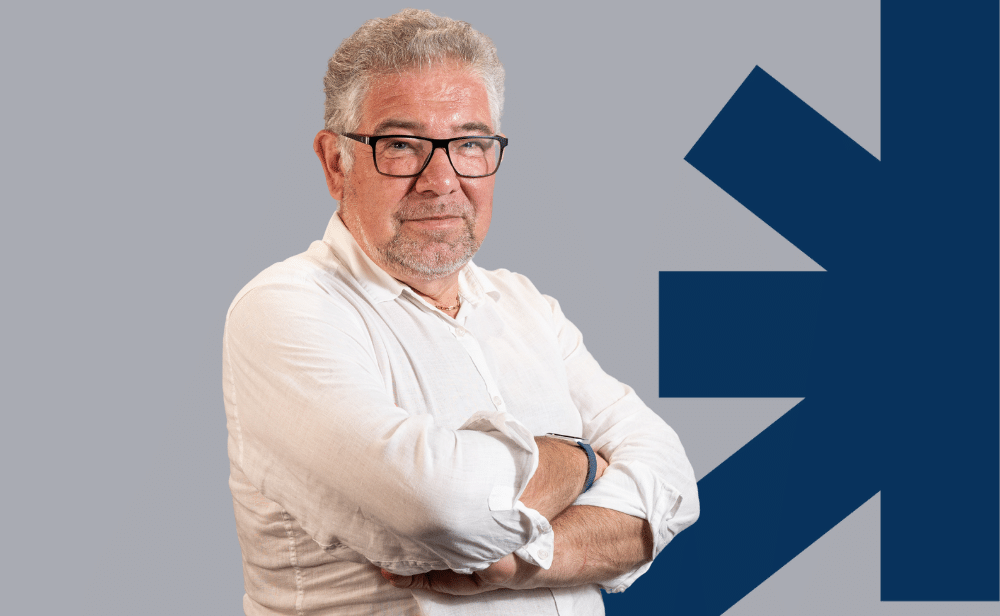

- Clermont School of Business
- International
- Study with us
- Programs
- Bachelor in International Management
- Bachelor in Digital Marketing & E-Commerce Management
- Master in Management
- Programme Grande Ecole online
- MSc – Master of Science Business Intelligence & Analytics
- MSc – Master of Science Corporate Finance and Fintech
- MSc – Master of Science Digital Marketing & Artificial Intelligence
- MSc – Master of Science International Commerce & Digital Marketing
- MSc – Master of Science Project Management
- MSc – Master of Science Procurement & Supply Chain Management
- Master of Business Administration (MBA)
- Doctorate of Business Administration (DBA)
- Executive Education (French only)
- Discover the Master in Management majors
- International Students
- Summer School
- Tools & pedagogical support
- Programs
- Faculty & Innovation
- Company & Career
- News & Events
Manuel Morales: toward a more circular and responsible textile economy
On October 25, Manuel Morales, PhD in Economics and Associate Professor at Clermont School of Business, will speak as a keynote speaker at the international workshop “Re-Generating the Textile Industry,” organized by the Re-Generation Japan collective. This event will bring together experts, students, and professionals to discuss a major challenge: the sustainable transformation of the textile industry.
The textile industry is undergoing profound change, driven by economic, social, and environmental imperatives. A key player in this reflection, Re-Generation Japan is organizing an international workshop dedicated to the sector’s transition, focusing on circular economy practices, responsible innovation, and industrial regeneration.
Among the speakers is Manuel Morales, Professor and Researcher at Clermont School of Business, whose research focuses on circular economy, innovation, and supply chains. His work explores how companies can reconcile innovation with sustainability.
As a keynote speaker, he shares his perspective on the textile industry’s transformation, the role of academic research, and how his work informs his teaching at the School.

Your participation in the “Re-Generating the Textile Industry” workshop is part of a global reflection on the sector’s transformation. What will be the key themes of your talk?
The textile industry has a major environmental impact—greenhouse gas emissions, water consumption, chemical residues, and microplastics, among others. As a largely globalized industry, it faces challenges shared among all stakeholders involved. A transition can only be sustainable if every player in the value chain agrees on common goals and builds a shared vision together.
However, even if objectives are shared, the strategies used to achieve them will differ depending on the territory, the type of activity, the stakeholders’ experience, and each organization’s governance model. The three main themes of my presentation are identifying the common challenges in transitioning toward a circular textile model, understanding the regulatory barriers and resistance faced by stakeholders, and exploring strategic priorities based on the nature and influence of these obstacles across the system.
Your research focuses on sustainable and circular business models. How can these approaches help regenerate such a complex industry as textiles?
I wouldn’t go so far as to say that my research aims to regenerate the textile industry. But as you just mentioned, it’s a very complex sector. This complexity is difficult to capture using traditional, linear, and deterministic models. That’s why my work proposes an alternative approach, involving textile industry stakeholders and decision-makers in a participatory methodology based on systemic and multi-criteria approaches to better understand the industry’s complexity.
The circular economy requires a deep change in practices and mindsets. Which economic or political levers seem most promising to you to accelerate this transition?
The transition toward a circular economy model is complex, and the economic and political levers depend on the specific industry or service sector. But if we once again focus on textiles, innovation clearly emerges as a major driver of transition—both economically and politically. The type of innovation identified is sustainability-oriented innovation, achieved through circular services, social impact projects, partnerships, or mechanisms that involve the end consumer. Finally, in Europe, we have observed the key role played by employees and public regulation in driving sustainability-focused innovation.
As a professor and researcher at Clermont School of Business, how do you link your research with your teaching?
As a teacher, I’m convinced that the best way to keep our theoretical knowledge up to date—and to understand how it can be applied effectively—is to constantly connect it with action research. Action research allows us to find practical, locally adapted solutions while creating a hands-on learning experience for students, in a collaborative dynamic with the instructor.
Why are sustainability and circularity essential in training future managers and shaping the future of business?
The concepts of circularity and sustainability allow us to rethink value creation in a context marked by resource scarcity, climate urgency, and growing expectations from consumers and regulators. Understanding these dynamics means learning to combine economic performance, social responsibility, and respect for planetary boundaries.
Training tomorrow’s decision-makers in these approaches also means preparing them to handle complexity—to make decisions in uncertain environments, balance positive and negative effects across economic, social, and environmental dimensions, and design resilient and regenerative business models.
Thus, circularity is not just a regulatory requirement or a passing trend; it represents a genuine paradigm shift. It calls for innovation, cooperation between stakeholders, and a systemic vision. Having an “action research toolbox” helps turn these principles into practical levers for decision-making, learning, and sustainable performance, both for companies and territories.
Did you know?
Manuel Morales is a permanent professor at Clermont School of Business, within a faculty of over fifty teacher-researchers committed to producing and sharing impactful knowledge.
He holds a PhD in Economics from the University of Clermont Auvergne. He teaches Strategic Management, Environmental Geopolitics, and Alignment of Purchasing and Supply Chain Management, among other subjects. He is a member of CleRMa (Clermont Recherche Management), the Sustainability Transitions Collective (STC), and the Circular Economy Research Club (CERCL).
His research focuses on circular economy, innovation, and supply chains, to better understand the complexity of variables and their impact on industry and society. He began his career as a researcher in Industry 4.0 and Digitalization after a two-year postdoctoral position in Bioeconomy at the Pomacle-Bazancourt Biorefinery.
He joined Clermont SB in 2023 as a Professor in the Department of Innovation and Development.
Related with

Stay updated with the latest news from Clermont School of Business by subscribing to our newsletter!
Merci ! Vous êtes maintenant abonné(e) à notre newsletter.
Vous recevrez dorénavant notre newsletter mensuelle.
@bientôt
We faced problems while connecting to the server or receiving data from the server. Please wait for a few seconds and try again.
If the problem persists, then check your internet connectivity. If all other sites open fine, then please contact the administrator of this website with the following information.
TextStatus: undefined
HTTP Error: undefined
Some error has occured.



